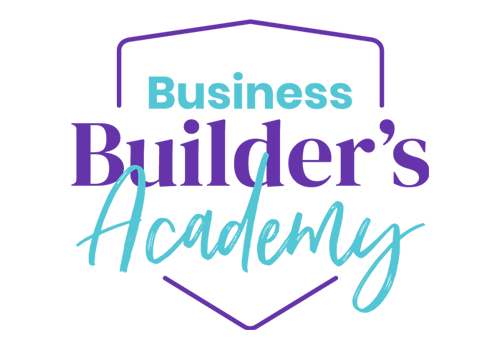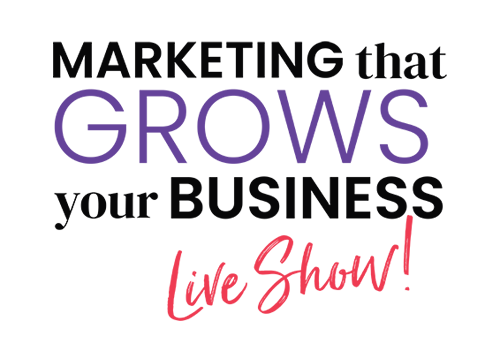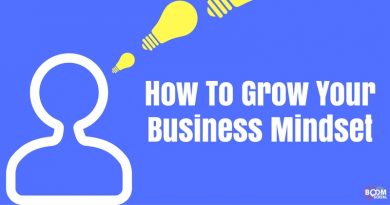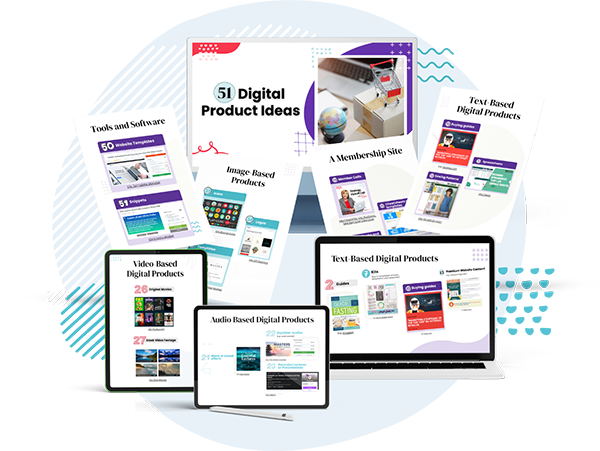Whether it’s blogging, learning how to use Twitter or creating a website header, you may look at the skill of other people and sigh. At that point you can do one of two things: decide that you don’t have the talent to do something new, or decide to learn and get started. It depends upon what you believe about potential, success, and ability—and there’s a good chance that you’re smarter than you think.
Author and Stanford University psychologist Carol Dweck defines two beliefs that profoundly affect our achievement:
A fixed mindset is the belief that our basic qualities (our personality, intelligence, creativity, etc.) are permanently determined at birth.
A growth mindset is the belief that those basic qualities are grown and cultivated through personal effort, over time.
And we must understand that our beliefs and mindset affect our thoughts and actions, which in turn determine the direction of our lives.
A person with a fixed mindset feels that any success he has is due to his inborn gifts and talents. It’s what makes him special. So life is all about proving he’s smart or talented because that validates him. Since he believes that making an effort means that he’s not smart or talented, he doesn’t try new things. This guy is quick to blame others or circumstances when he fails. Have you ever known someone who has an excuse for every single little thing they do wrong?
A person with a growth mindset believes that his success is due to hard work and dedication. He embraces anything that stretches him and he seizes opportunities to learn and grow. This person believes that effort is what makes him smart or talented, so he welcomes the challenge and pours himself into learning. When he makes mistakes he asks himself “What can I learn from this?”
A fixed mindset limits potential. With a growth mindset, the sky’s the limit!
Beliefs That Keep Us in a Fixed Mindset
We have a fixed quantity of intelligence. Maybe we believe that we’ll never know enough to be competent in Social Media platforms. Maybe we think that we just don’t have the smarts to be successful on Social Media. In reality, the human brain has an astonishing capacity to learn and make new connections.
We’re either born with talent or we’re not. We may think that we were out to lunch when they passed out the creativity. Our previous attempt at graphic design or photography to make cool Facebook graphics may have convinced us that we just don’t have a gift for it. Most of the time, we just don’t know how and we can get better with practice.
Other people’s opinions are true. When our third-grade teacher Mrs. Brown told us that we were a poor reader, we believed her and quit trying. When a parent told us we’d never amount to anything, our eight-year-old heart believed it. Words have power, and it can be a challenge to overcome untruths spoken by others.
Our perceptions of ourselves are true. We believe that everything we say to ourselves and about ourselves is true. We hear ourselves say “Oh, I could never do Instagram” or “I’m just not a direct sales type” and we believe the label, rather than challenging ourselves to personal development and new skills.
If I can’t naturally be good at something, I’ll never be good at it. We believe the myth that being good at something should come naturally. We think that if we have to work at it, we must not be meant to do it, or that it comes easily to everyone else. If only we could see behind the scenes, where others are putting in the work and the hours to get good!
Fortunately, you can change just by knowing about the two mindsets. You can choose to think and react in new ways. You can catch yourself in a fixed mindset—when you pass up a chance for learning, or feel that you’re a failure or get discouraged in the midst of effort. Simply flip the switch to a growth mindset by taking the challenge, learning from failure and sticking with the effort.
How to Get Started With a Growth Mindset
• Choose one skill you want to improve. Let’s say you want to learn how to use Google+.
• Put yourself in a growth mindset. Think about learning, challenge and effort as a positive force in your life , not an overwhelming prospect.
• Find training related to the skill you have chosen. Watch Google+ tutorials, study others using it successfully and read a good book about it.
• Make a specific, written plan to implement what you have learned.
• Picture your brain making new connections as you meet the challenge. Get busy and keep going—you’ll get better and better at it!
• Post this quote from legendary coach John Wooden near your workspace:
“You have to apply yourself each day to becoming a little better. By applying yourself to the task of becoming a little better each and every day over a period of time, you will become a lot better.”

About Author
Kim Garst
Kim Garst is a renowned marketing strategist and speaker who is trailblazing the use of artificial intelligence in digital marketing. With over 30 years of experience as an online entrepreneur, Kim helps entrepreneurs grow their business and authority online by using AI technology. She is leading the way with proven AI frameworks that help entrepreneurs build authority in their space.
She is keynote speaker and an international best-selling author of Will The Real You Please Stand Up, Show Up, Be Authentic and Prosper in Social Media.
Named by Forbes as a Top 10 Social Media Power Influencer, Kim is well-known for her skill to simplify complex technology and make the use of AI understandable for business growth. Her relatable, actionable advice helps guide new entrepreneurs to harness the power of AI to succeed in digital marketing. Kim is leading the way in combining human and technological skills to create a new model for AI-powered marketing.








I guess I’ve always had a growth mindset. I love to learn, have been self employed since 1980 (I’m 63), am curious and love to share and teach …. so when I had a “debilitating” stroke in 2005 (poor speech, poor balance and no motor control in my right arm), my growth mindset really helped me! I’ve learned different ways to write, teach, get dressed, … everything. Thank goodness the stroke didn’t affect my positive attitude 🙂